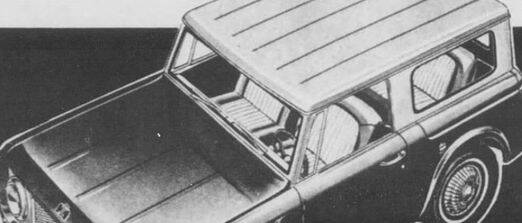12 Reality Facts Buying The Best Used Cars
There are many factors to consider when choosing a used car, such as the make and model, age, mileage, and overall condition. Some reliable brands to consider include Toyota, Honda, Subaru, and Mazda. It’s also a good idea to research specific models within these brands that have a reputation for being reliable and having a long lifespan.
Some popular models to consider include the Toyota Camry, Honda Civic, Subaru Outback, and Mazda 6. It’s also a good idea to have a mechanic inspect the car before you buy it to make sure it is in good working order.
1. Determine your budget: It’s important to have a clear idea of how much you can afford to spend on a car, so you can narrow down your options and only consider vehicles that fit your budget.
2. Do your research: Look up reviews, ratings, and reliability information for different makes and models online. This can help you get an idea of which cars have a good track record for reliability and which ones may be more prone to problems.
3. Check the vehicle’s history: Make sure to get a vehicle history report, which can tell you about the car’s past ownership, accidents, and any major repairs that have been made.
4. Have the car inspected: It’s a good idea to have a mechanic inspect the car before you buy it to make sure it is in good working order and to identify any potential issues.
5. Test drive the car: Take the car for a test drive to see how it handles and get a feel for how it drives. This will help you determine if it’s the right car for you.
6. Consider the age and mileage of the car: In general, a car with lower mileage will be in better condition than one with higher mileage. Similarly, a newer car will typically be in better condition than an older one. However, these are just general guidelines, and the actual condition of the car will depend on how well it has been maintained and cared for.
7. Think about the car’s fuel efficiency: If you drive a lot, you’ll want to consider a car that is fuel efficient to save on fuel costs. You can find this information on the car’s fuel economy label or by looking it up online.
8. Consider the car’s size and features: Think about how much space you need and what features are important to you. Do you need a larger car to accommodate a growing family or lots of cargo? Do you want a car with advanced safety features or a high-tech infotainment system?
9. Take your time: Don’t feel rushed to make a decision. It’s important to take the time to find the right car for your needs and budget.
10. Check the car’s safety ratings: Look up the car’s safety ratings to see how it performed in crash tests and how it compares to other cars in its class.
11. Consider the car’s resale value: If you think you might sell the car in the future, it’s a good idea to consider its resale value. Some makes and models hold their value better than others, so it’s worth doing some research to see which cars tend to retain their value over time.
12. Decide on the type of car that’s right for you: There are many different types of cars to choose from, such as sedans, hatchbacks, SUVs, and trucks. Think about your needs and preferences, and choose a car that fits your lifestyle and meets your needs.
Trending Posts
SuttonCS800
July 8, 2025
Toyota’s Hydrogen V8
June 20, 2025
👀 Prime Battery Jump Starter
March 24, 2025
Dream Car Builder
March 15, 2025
50 Best Mechanic’s Tools
January 19, 2025
Emergency Winter Car Kit
December 19, 2024
Amazon Cars
December 10, 2024
INTERNATIONAL SCOUT 4×4 COMEBACK
December 4, 2024















